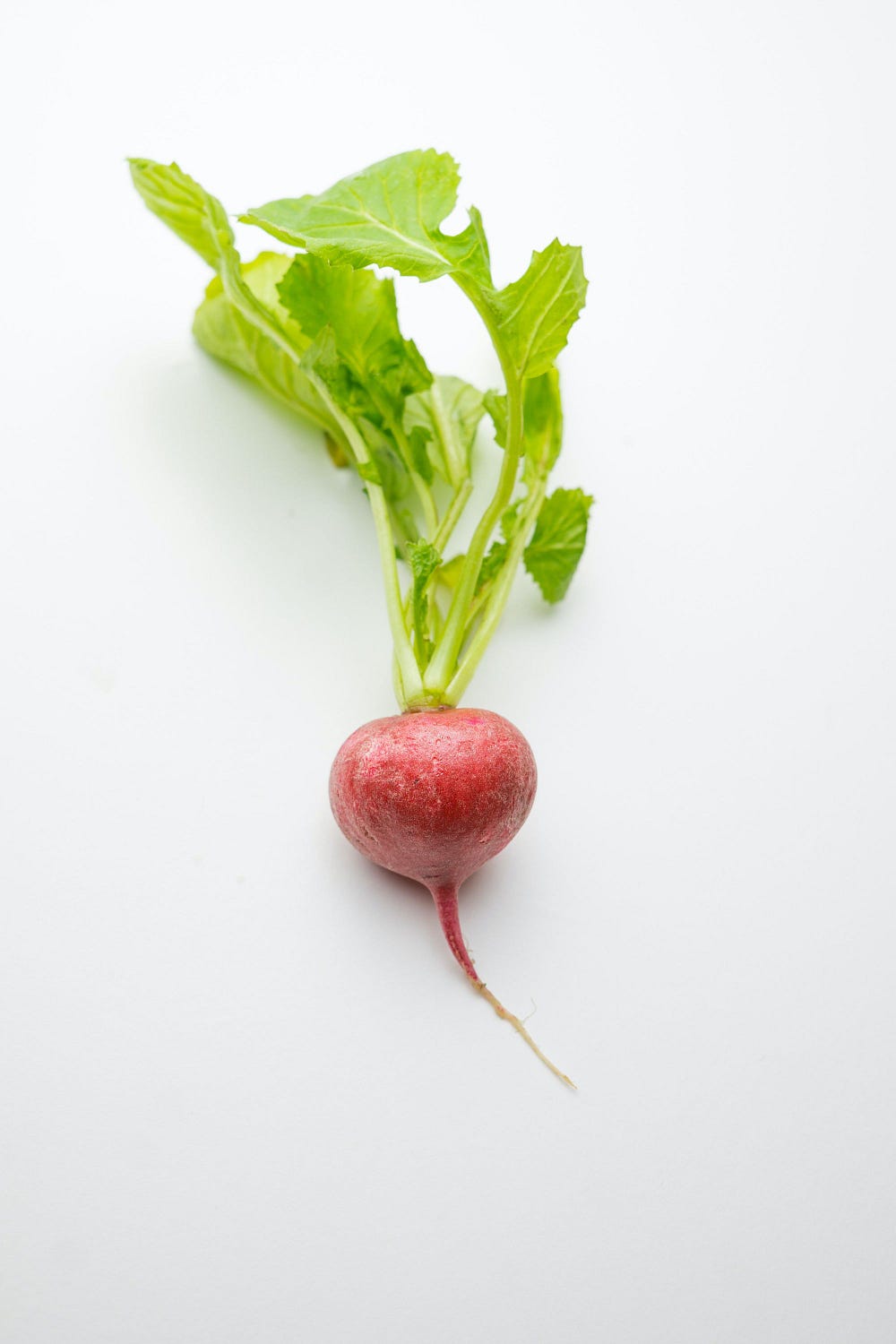Lack of Willpower is Preventing You From Reaching Your Full Potential

Self-control is strength. Calmness is mastery.
Most of us know how to improve our lives, yet we fail to act on it.
We know we should eat better, exercise more, and drink less, but we can’t seem to change our habits.
Why?
It comes down to a lack of willpower.
What is Willpower?
Willpower goes by many names. It is self-control, self-discipline, self-mastery, drive, determination, dedication, and resolve.
It is the ability to control or restrain oneself. It is the ability to resist instant gratification to achieve long-term goals.
What is instant gratification?
Instant or immediate gratification is a term used for temptation and the tendency to choose a lesser but more instant benefit over a future more long-term benefit.
For example: when on a diet, it is choosing an unhealthy option (because it is quicker, cheaper, and tastier) rather than the healthy option. Instant gratification is taking that unhealthy option even though we know the healthy one is more likely to get us to achieve the goal.

Would you pass the marshmallow test?
The marshmallow test is one of the most famous psychological experiments ever conducted. Walter Mischel created it. The test assesses the self-control of young children (3–5 years). It presents them with a choice between immediate and delayed gratification.
The test is simple.
A young child enters a room, and the researcher presents them with a treat (typically a marshmallow). The researcher then makes their excuses to leave the room.
They offer the child a choice: eat one marshmallow now or wait for the researcher to return and get two marshmallows. The researcher then leaves the room for approximately 15 minutes, testing the child’s self-control.
Years after this experiment, Walter Mischel followed up with the participants.
Results?
Those who resisted instant gratification rated significantly higher on cognitive ability. Those children coped better with stress and frustration during their adolescence. They also scored higher on SATs.

Can you run out of willpower?
Some experts believe that our ability to resist temptations is a limited resource. If you overuse it, it will run out until it resets. This process is called “ego depletion.” Ego depletion is when you can’t exert the same level of self-control for the next temptation in your life.
If we think about willpower as a muscle, we can strengthen it and wear it out. If we exercise it regularly, it reinforces and lasts longer. The stronger it is, the more it can resist bigger temptations.
Another famous experiment, “Cookies and Radishes” by psychologist Roy Baumeister, highlighted this idea. He invited the participants to eat some freshly-baked chocolate chip cookies.
For half of the participants, he let them eat the cookies. He asked the other half to resist the cookies and eat radishes instead. After, they were all given an impossible puzzle to solve.
Those that ate the cookies worked on the puzzle for 19 minutes. The radish eating group only lasted 8 minutes.
Baumeister interpreted the results to mean that willpower is a limited resource that can deplete.
It is crucial to know so that we are better prepared for it. It teaches the importance of strengthening that muscle and knowing when it is too tired to work well.
The dangerous consequences of lack of self-control
Worse health consequences
You’re more likely to experience worse health if you lack self-control or self-mastery. According to a longitudinal study, people with greater self-control during childhood have better mental and physical health as adults.
You can’t achieve your goals
Any long-term goal you have needs self-discipline and self-control.
Whether the goal is being in shape, quitting alcohol, or becoming successful, all need elevated levels of willpower. Without it, you will stumble when there is the slightest bit of resistance.
According to a study, better financial security and saving behaviour were found in individuals with higher self-control.
Worse relationships
Self-control is critical in maintaining healthy relationships with others. By giving in to your impulses, you can ruin significant relationships. Lack of self-control can lead to infidelity and anger outbursts. You are more likely to act out selfishly.
Addiction issues
Many studies have shown the link between self control and addiction issues. Higher self-control is associated with less binge eating and alcohol abuse.
You can’t trust yourself
The worst consequence of lack of self-control is the feeling that you can’t trust yourself. A lack of trust results in a lack of confidence.

How to increase willpower?
Change mindset around willpower
Another factor that ties into willpower is locus of control. Locus of control is the degree to which someone feels a sense of agency in their life.
A person with an internal locus of control believes that the things that happen to them are largely influenced by their own abilities, actions, or mistakes.
A person with an external locus of control feels that external forces (like luck, environmental factors, and the actions of others) are primarily responsible for the events that occur in their life.
Research shows that people with an internal focus of control are more successful, healthier, and happier than those with an external locus.
It ties in with willpower. Those with an internal locus of control believe they have the willpower or the control to make changes. They are more likely to take the actions necessary to reach their goals.
Dedication vs Motivation
There is a myth that successful people are successful because of their levels of motivation.
Motivation is a rare and fleeting phenomenon among everyone, including highly successful people. Instead, the true contributor to success is dedication.
Dedication is the mindset that I will continue to work towards this goal even when I don’t feel like it.
Clear Long-Term Goals
Having precise goals is essential for keeping on track with willpower. Having self-mastery is a continuous challenge. If you don’t know why you are doing it, you are more likely to give up.
For example, if your goal is “Eat healthy,” you might as well have one salad and then return to eating processed foods. It’s not a precise enough goal to keep you on track.
Learning to say “no”
When we think of willpower as a muscle, it becomes clear that we must exercise it regularly. To do that, you need to practice resisting temptation by saying “no” to your impulses.
Notice when you have those temptations. Start small. One “no” a day.
You are learning to trust yourself again. Each “no” you tell yourself is one step closer to self-mastery. When you say no, feel proud of your moment of self-control. Recognize it and appreciate it.
Don’t be too critical if you give in to temptation. Having the “all or nothing” mindset can turn one small failure into a snowball of acceptance that you can’t change.
As you practice this more, increase how many “no’s” you give yourself. The aim is not to live like a monk abstaining from everything pleasurable but to have the control to achieve any long-term goal you give yourself.
Focus on Good Quality Sleep
Lack of sleep directly affects your ability to resist temptation. People who are sleep deprived are more likely to give in to impulses, have weaker focus, and make riskier decisions.
Meditation
Meditation is a powerful tool for increasing willpower. Regular mindfulness meditation can improve focus and self-control, even outside of meditation.
People who meditate regularly find it easier to give up unhealthy habits like smoking, drinking, and drugs.
Avoid temptations
There is a reason they recommend those in Alcoholics Anonymous to avoid bars.
We all have our weak spots, the temptations we have the most difficulty saying no to. Recognize them and avoid them.
If your weak spot is chocolate, avoid the chocolate aisle! Don’t buy any so you can’t mindlessly snack on it at home. If social media is your crux, use productivity apps to block your access during work hours.
Books on self-discipline
For further reading, check out these books:
- “The Science of Self-Discipline: The Willpower, Mental Toughness, and Self-Control to Resist Temptation and Achieve Your Goals” by Peter Hollins
- “Discipline Equals Freedom: Field Manual Mk1-MOD1” by Jocko Willink
Conclusion
Willpower is an essential skill for achieving the goals we want in life. If we think of willpower like a muscle, we can strengthen it, but it can also become fatigued if overused. Understanding willpower and knowing how to increase it can have dramatic effects on your life.
Subscribe for all the latest articles.
Note: the book recommendations are affiliate links.




